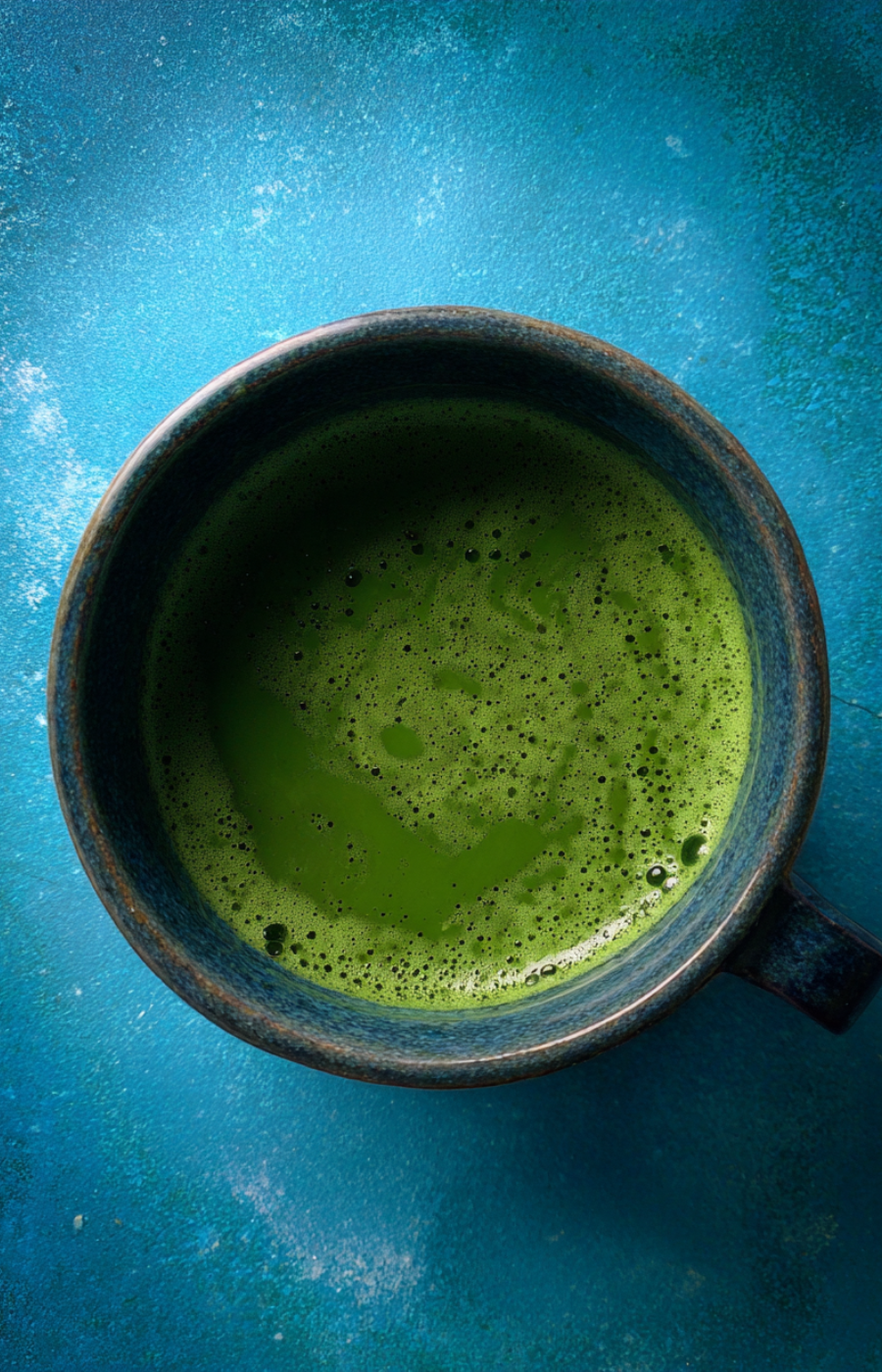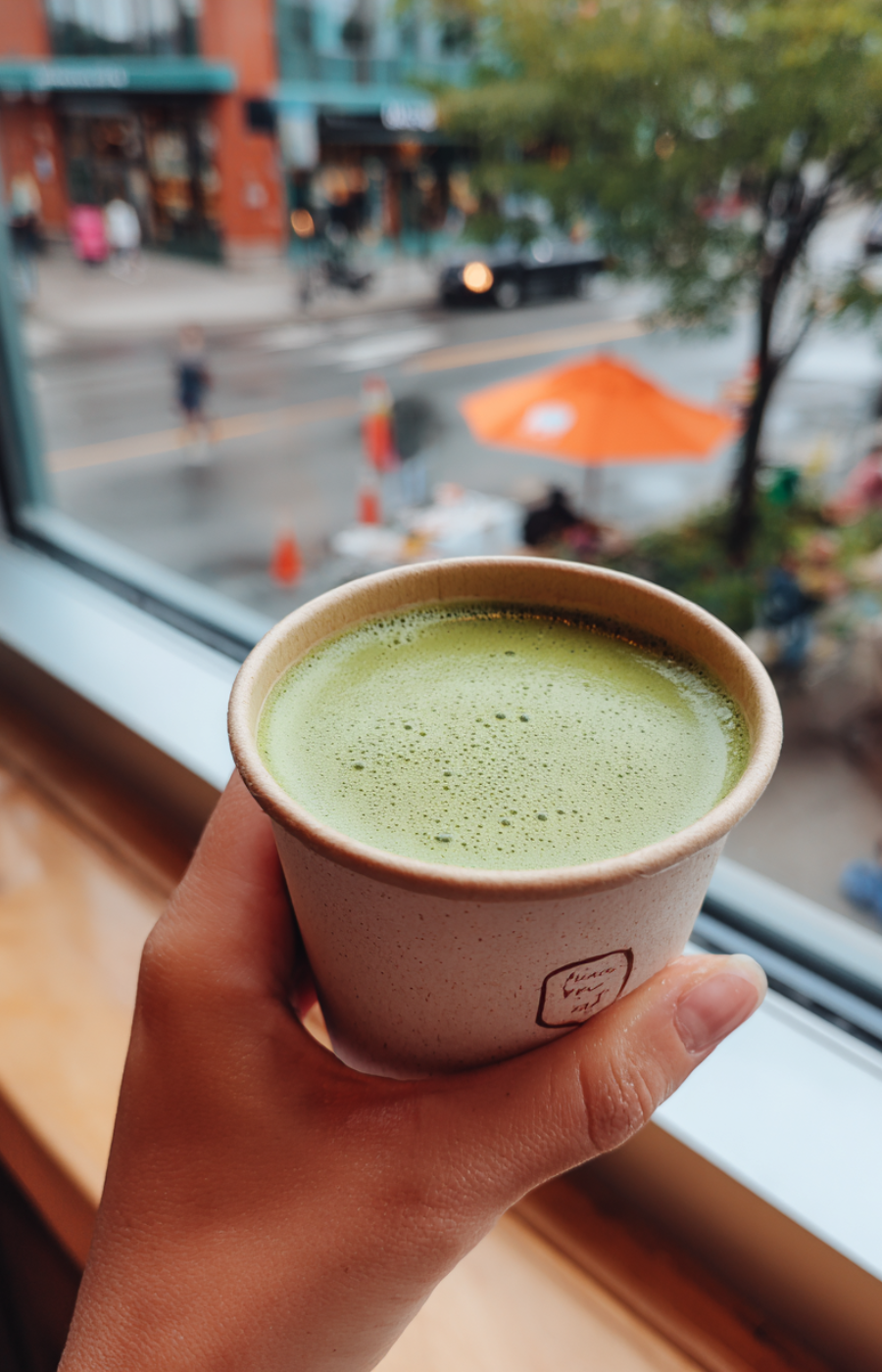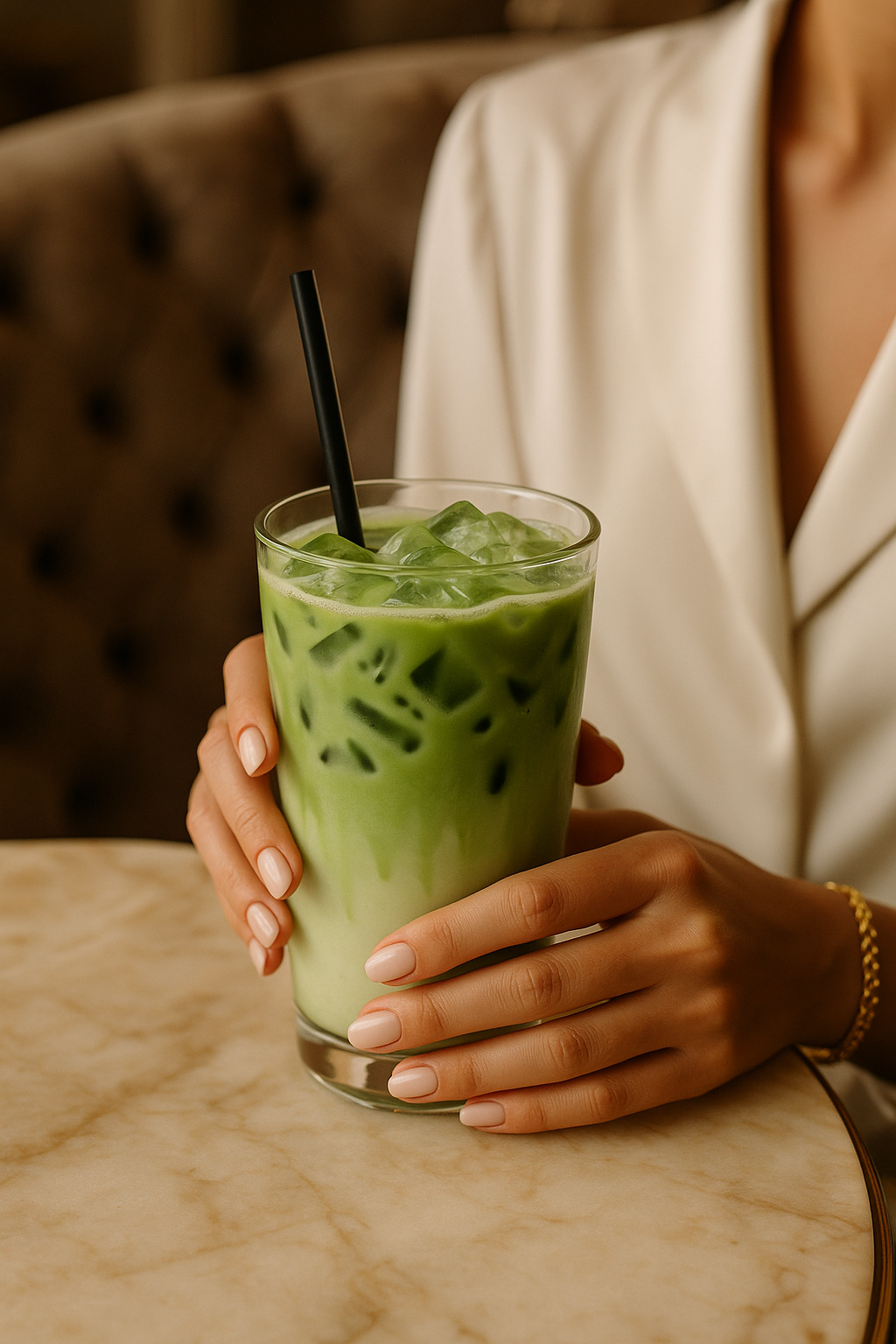
Why Is Your Favorite Matcha Getting Harder to Find?
If you're a fan of matcha, you probably noticed that it's getting harder to get a hold of. This vibrant green tea powder is facing a "perfect storm" of challenges for production. Let's dive into why matcha is disappearing at alarming speed.
Everyone Wants Matcha!
The demand for matcha has simply exploded. Its reputation as a healthier choice, offering calm energy without the coffee jitters, has made it a go-to for many. Plus, its vibrant green color is a social media star, with countless lattes and creations popping up on Instagram and TikTok. This massive surge in popularity means that Japan, the main source of high-quality matcha, is struggling to keep up with the world's demand for it.
It's Tricky to Grow
Producing authentic matcha is far from simple; it's a slow, meticulous craft:
-
Special Places: Top-quality matcha thrives only in specific Japanese regions like Uji, Fukuoka, and Shizuoka due to their unique soil and climate.
-
Shade-Grown: Tea plants are carefully shaded for weeks before harvest. This boosts their vibrant green color and unique flavor profile.
-
Slow Grinding: After harvest, leaves are stone-ground into a fine powder. This process is incredibly slow and one mill produces only about 40 grams per hour! Rushing it generates heat, which ruins the delicate tea.
Fewer Farmers, More Challenges
Another big problem is that fewer people are becoming tea farmers in Japan. The average age of farmers is over 65, and younger generations aren't taking over. Matcha farming needs a lot of hands-on work, from shading the plants to picking the leaves. Without enough skilled farmers, it's harder to produce enough matcha.
Nature's Curveballs
Climate change is also throwing a wrench in the works. Tea plants are very sensitive to weather. Lately, Japan has seen more unexpected frosts, heatwaves, and odd rainfall. Just one bad weather event can cut a year's matcha harvest by a lot. For example, record heat in 2024 and a late frost in 2025 severely impacted yields. This makes it even harder for farmers to plan and produce a steady supply.
The Price Tag Goes Up
When something is in high demand but hard to get, its price naturally goes up. That's exactly what's happening with matcha. Prices for the raw tea leaves have "skyrocketed" at auctions, sometimes more than doubling in a year! This fierce competition means bigger companies can buy up most of the supply, making it even tougher for smaller businesses and regular consumers to get their hands on high-quality matcha. Plus, the cost of everything needed to make matcha, like fuel and fertilizer, has also increased.
What This Means for You
So, what does this mean for you, the matcha lover? The market is splitting. You'll find truly high-quality, authentic matcha, which will likely be more expensive. Then there are more affordable "matcha-flavored" products, which might not be the real deal or could be packed with sugar.
To ensure you're getting genuine matcha, always choose pure, unsweetened powder. Look for a vibrant green color and a super fine, silky texture. The best way to enjoy authentic matcha and control your ingredients is to prepare it yourself at home. This ensures you get the true experience without any unwanted additives.
Matcha's journey from a traditional Japanese tea to a global sensation is fascinating. Understanding why it's becoming scarcer helps us appreciate the hard work and unique conditions that go into every precious cup.


